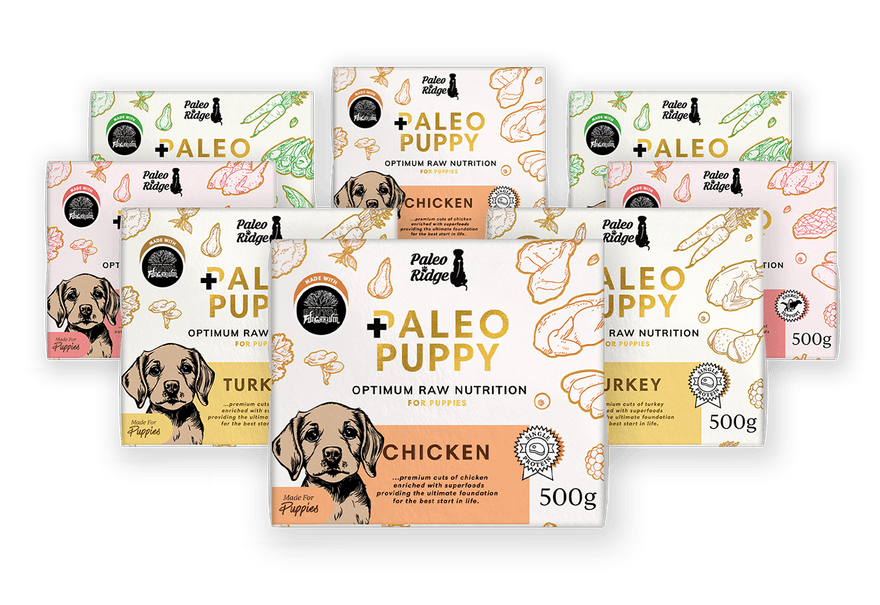The digestive system, it’s a process that is critical for survival in all species. Digestion relies on absorption and elimination, being helped along by the gastrointestinal tract. This can only do its job properly by being in the best functioning condition.
It involves the clever biological and physiological interplay of several organs and of many enzymes and secretions. This makes the miraculous conversion of food into cellular energy.
Whilst there are many physiological similarities between a dog’s digestive system and a human’s, there’s also some key biological differences. This fact would naturally influence dietary choices for our dogs to promote optimum health.
In summary, digestion begins in the mouth using teeth to chew and create saliva before being swallowed into the oesophagus. Muscular contractions will then deliver the food particles into the stomach.
This is where digestive acids and enzymes churn the contents, breaking it all down, before reaching the small intestine. This is where most of the nutrient absorption takes place.
The small intestine contains finger-like villi that absorb nutrients that have been broken down; minerals, vitamins, amino acids, fatty acids and simple sugars. The gallbladder and the pancreas secrete enzymes for protein and carbohydrate breakdown. Finally in the large intestine waste products and water accumulate, hopefully ending up in a bio-degradable poop bag later down the line!
Interestingly, if digestion begins in the mouth, therein lies possibly the biggest difference between dogs and humans. Apart from very physically different dental structures, dogs’ being designed to slash and grab meat. Dogs have 42 teeth and compared to our 32.






